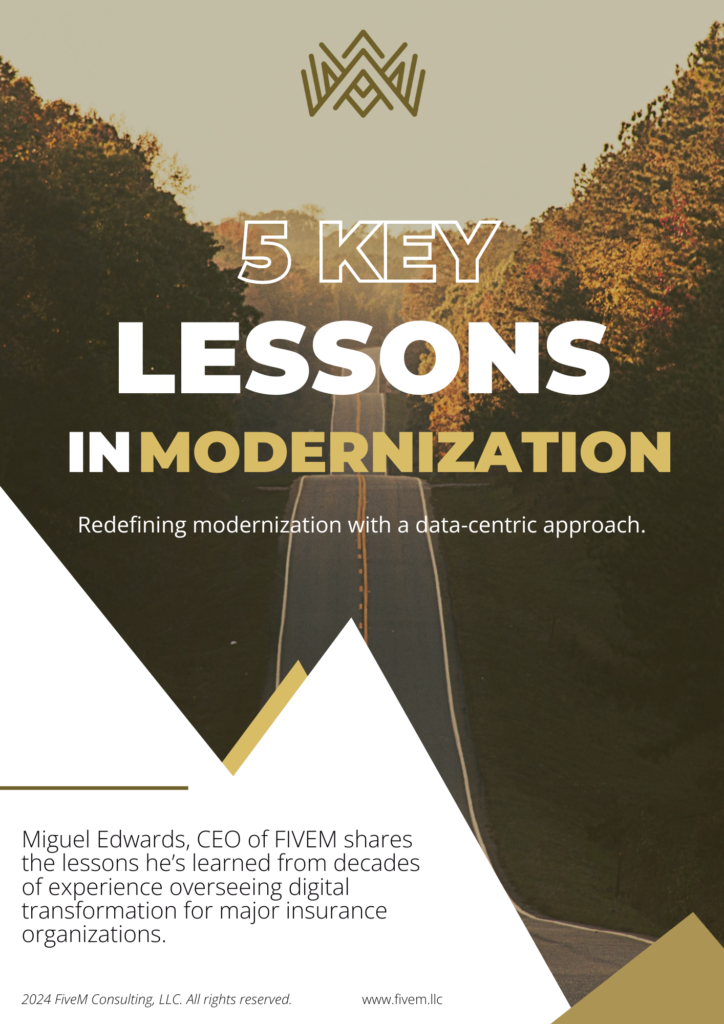The first time I found myself thinking about the actual physiology of the brain as it relates to leadership was the seminal TED Talk by Simon Sinek, The Golden Circles. In a passing comment, Sinek points out that the brain is organized in a very specific way which impacts the way we process information vs. emotion. It was at this moment that I developed an interest (albeit in layman’s practice) in learning more about the brain’s mechanical function. All that to explain why I happened upon this very interesting article about neuroplasticity, the change your brain undergoes as you age, and the comparison that I drew to the changes that enterprises (or even teams for that matter) must face as they mature.
The article “Great Brain Rewiring After Age 40” explores the basic concept of neuroplasticity, which is the ability of the brain to adapt and change throughout an individual’s life. More importantly, it notes that the brain undergoes significant rewiring after the age of 40, as it becomes more efficient and better able to filter out unnecessary information. This process of brain rewiring can have both positive and negative effects. Intuitively, as the brain becomes more efficient “connecting the dots” as a result of more centralized processing, it becomes less efficient at learning – a tradeoff if you like. This understanding was so helpful in explaining why as a 40-something, I have better impulse control, can make better/more thoughtful decisions, and have a strong ability to predict outcomes – based on my prior experience. It also explains why learning new things is somewhat challenging and we become intransigent with age.
Similarly, consider organizational lifecycles and the stages of growth and development that an organization goes through over time. Like the brain, organizations must adapt and change in order to survive and thrive. For example, a start-up, innovation lab or a new team must be agile, adaptable, quick to make decisions, pivoting when new information becomes available. This requires a degree of decentralization in order to efficiently maintain that needed flexibility. However, that decentralization comes at a cost. For the brain in its formative years, that approach requires an extraordinary amount of energy. In organizational terms, think: resource.
As organizations grow and attempt to scale, the flow of information begins to slow. Redundant functions and capabilities begin to tax margins. Poor decisions become more costly, and the “lessons learned” around those decisions are difficult to come by, and often not broadly socialized. Therefore consider: Is your enterprise or team in need of a similar rewiring or adaptation of its operations, strategy, and culture in order to remain competitive and meet the needs of its stakeholders? Perhaps, much like the middle-aged brain, there is a point in an organization’s lifecycle whereby we must accept a rebalancing and make way for standardization, optimization, and centralization of the most resource-intensive tasks.
While I’d like to think my brain would much rather continue on its learning journey, evolution has aptly determined on my behalf that a reorg is necessary. Instead, so that I can continue as a “going concern”, my brain is being more guarded, more discriminating with its use of resource – which I now understand is responsible for my ability as more mature leader to draw upon my experiences to make more informed and better quality decisions, lead with a a steadier hand, and invest in longer-term outcomes. I also appreciate the tradeoff that exists whereby I am less open to new approaches and tend to be more change resistant.
Whether individually or organizationally, being self-aware of these dynamics (that is, if you agree with my comparison) should helps us embrace the change that is necessary to be successful as our circumstances change around us.
Post-script: For a similar concept introduced to me by my colleague, Matthew Busbee, have a read about the “Rule of 3 and 10”.





